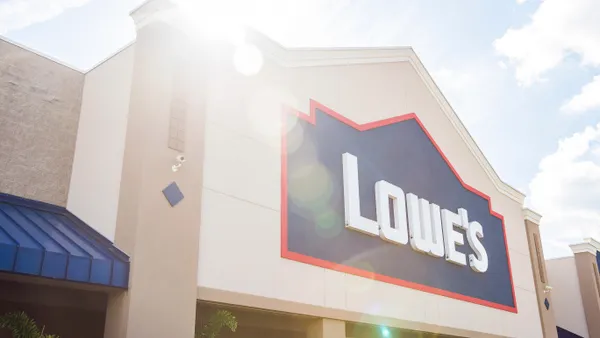Dive Brief:
- National chairman Mike Cherry of the United Kingdom's Federation of Small Businesses wrote a letter to Financial Times Stock Exchange 100 Index companies, accusing them of "squeezing" suppliers and unfairly delaying payments, according to Supply Management.
- Cherry accused companies of "supply chain bullying" by relying heavily on suppliers then treating them poorly, citing the Carillion liquidation and subsequent fallout among its suppliers as an example.
- RapidRatings CEO James Gellert told Supply Chain Dive that the U.K. construction industry's co-dependency between manufacturers and suppliers is not unique, but is common to many industries and often happens because of a lack of transparency.
Dive Insight:
When there are very few manufacturers in a certain industry, they easily control the entire supply chain simply because suppliers have no choice but to work for one of them. This often results in unhealthy co-dependent relationships between manufacturers and suppliers, so that just one mistake or delayed payment can severely damage a company or throw off the supply chain rhythm.
One example is the global auto industry: just a few weeks ago, a fire at one of Ford's supplier's plants halted production of Ford's bestselling F-150 truck and demanded temporary layoffs of employees. In another example, Tesla delayed the production goal of the Model 3 due to supplier problems.
Gellert said such co-dependent practices are not only bad for the supplier, but also for the manufacturer. For a company like Nissan, whose supplier relationships have declined over the past four years, one wrong move could result in tighter profit margins.
"Your suppliers, in essence, are an extension of your business, your brand, and, most importantly, your bottom line," he told Supply Chain Dive in an email. "If you’re squeezing them to improve your own cash flow, then what’s happening to that supplier? If that supplier has weak financial health in the first place, you can cause the very shock that puts them over the edge."
Because many industries foster co-dependent practices, manufacturers need to be especially careful to make sure their suppliers aren't in any financial danger, and can mitigate risk by sharing more financial and supply chain data with each other. For private companies who do not make their data publicly available, sharing data necessitates trust.
Building trust and fostering goodwill with suppliers can be difficult at first, but it's an important step toward strengthening one's supply chain.
"At the end of the day, the financial futures of these companies are connected," Gellert said. "The most advanced supplier relationship and supply chain risk management programs we see are those where the connection is respected and managed."













